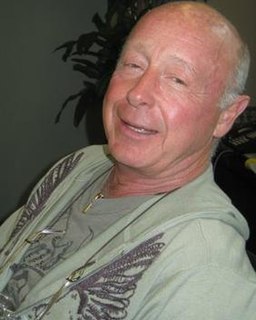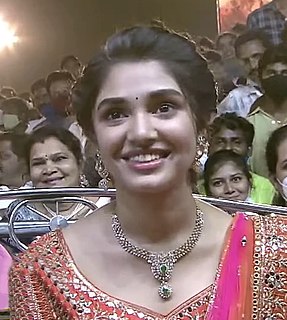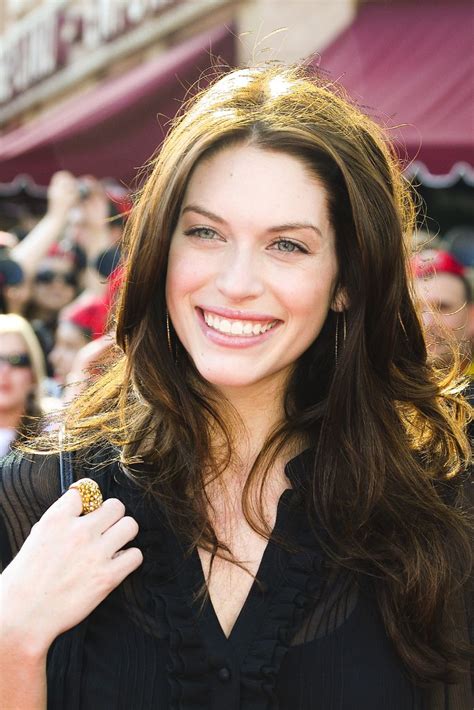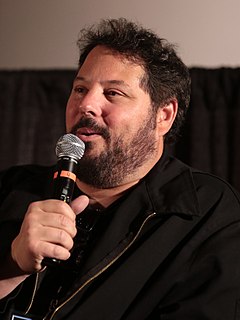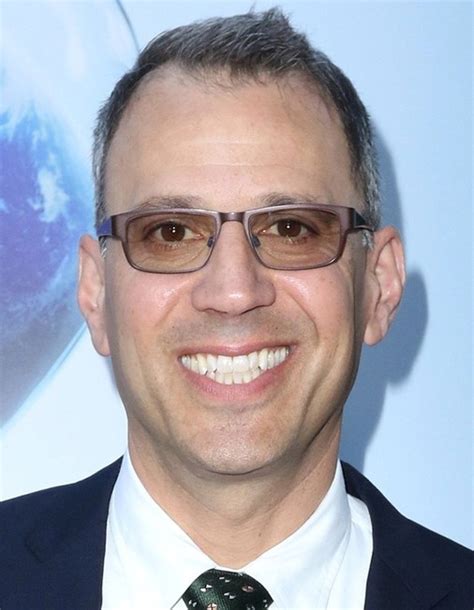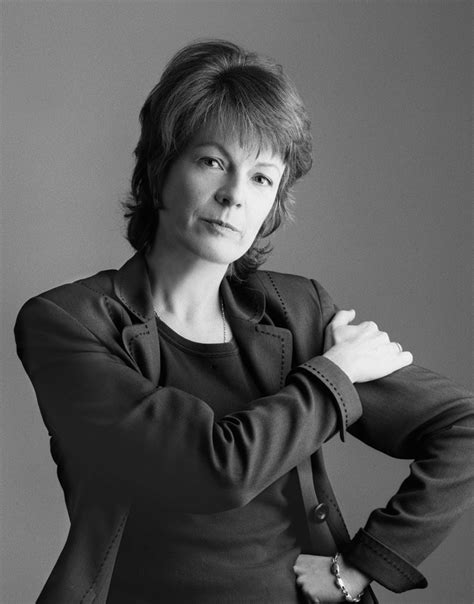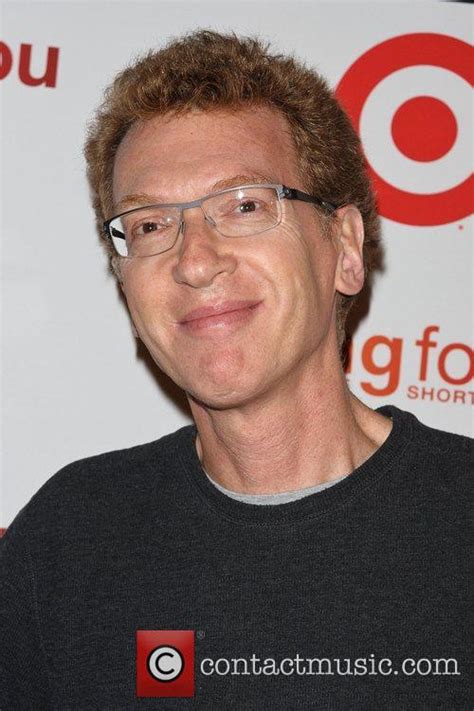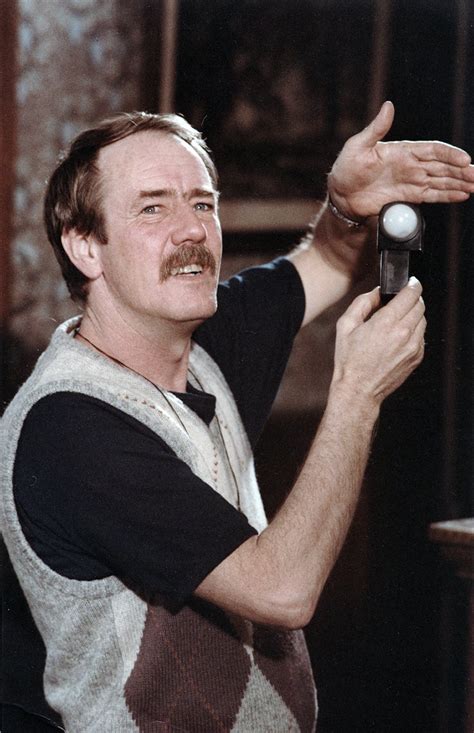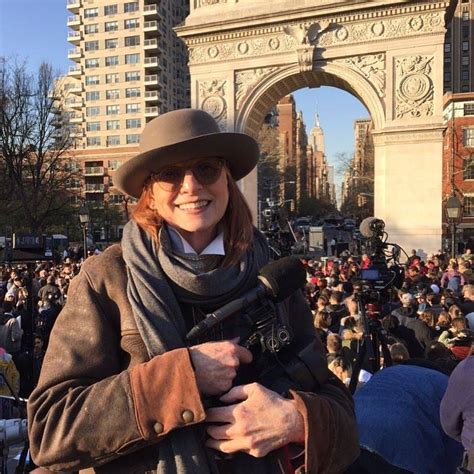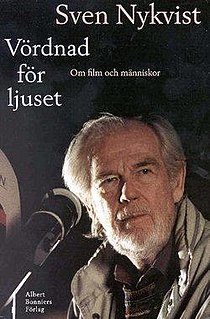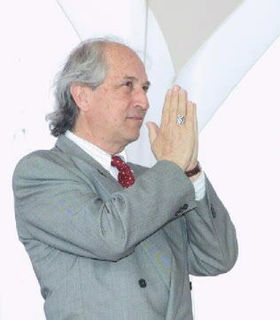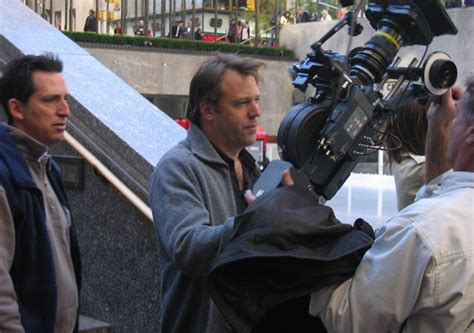A Quote by Vilmos Zsigmond
I always try to tell the story the best possible way. I create the mood for each scene in a way that the audience feels that they are right there with me and they feel actually in the mood that was right for the scene.
Related Quotes
When you're working on a scene, both in the script phase and also in the moment, you look around and you wait for the lightning bolt to strike you and based on your instincts tell you what the right thing to do is here. And that can result in anything from a change of dialogue to the realisation that what you thought was a dramatic scene should actually have some humour. And maybe if you stage it this way it's funnier, or if you put the camera here it tells a different story. That stuff is kind of everything when you're a director.
I don't particularly like the idea that there's an arc to the story and that therefore in this scene you have to convey this bit of information or emotion. I like more the feeling that, of course, there is a shape to the story, but that each scene should feel right, should be true at that moment, and that gradually you accumulate these moments of truth until you get enough of them together that it becomes a story that's interesting.
My initial thoughts about what a title can do was to set mood and the prime underlying core of the film's story, to express the story in some metaphorical way. I saw the title as a way of conditioning the audience, so that when the film actually began, viewers would already have an emotional resonance with it.
I don't always know what's going to go on in terms of the mood of the story. Sometimes I start with the mood, but sometimes I just try to work toward discovering it. But I do think often there's a mood or unsettling quality, in which the reality of the world seems to be taken away, that I really love, and it's something that I almost always unconsciously move toward.
I always try to find something or some way of delivering the lines or playing the scene that you wouldn't normally expect. And I know that sounds weird, because it's not like I surprise people with shocking performances. But in an interesting way... Just being real and as interesting as possible. Usually, that stuff is the spine of the show. It's the humor that you need in a scene, in an intense moment or something.
We used hand-held cameras 50 years ago. It wasn't something new. Sometimes we used a tripod, or we'd have a tracking shot, and sometimes - like when a character was being chased - we used a hand-held camera because it was right for the scene. In those cases, it helped the mood; it created immediacy and a feeling for the viewer that they were in the scene and in the moment.

